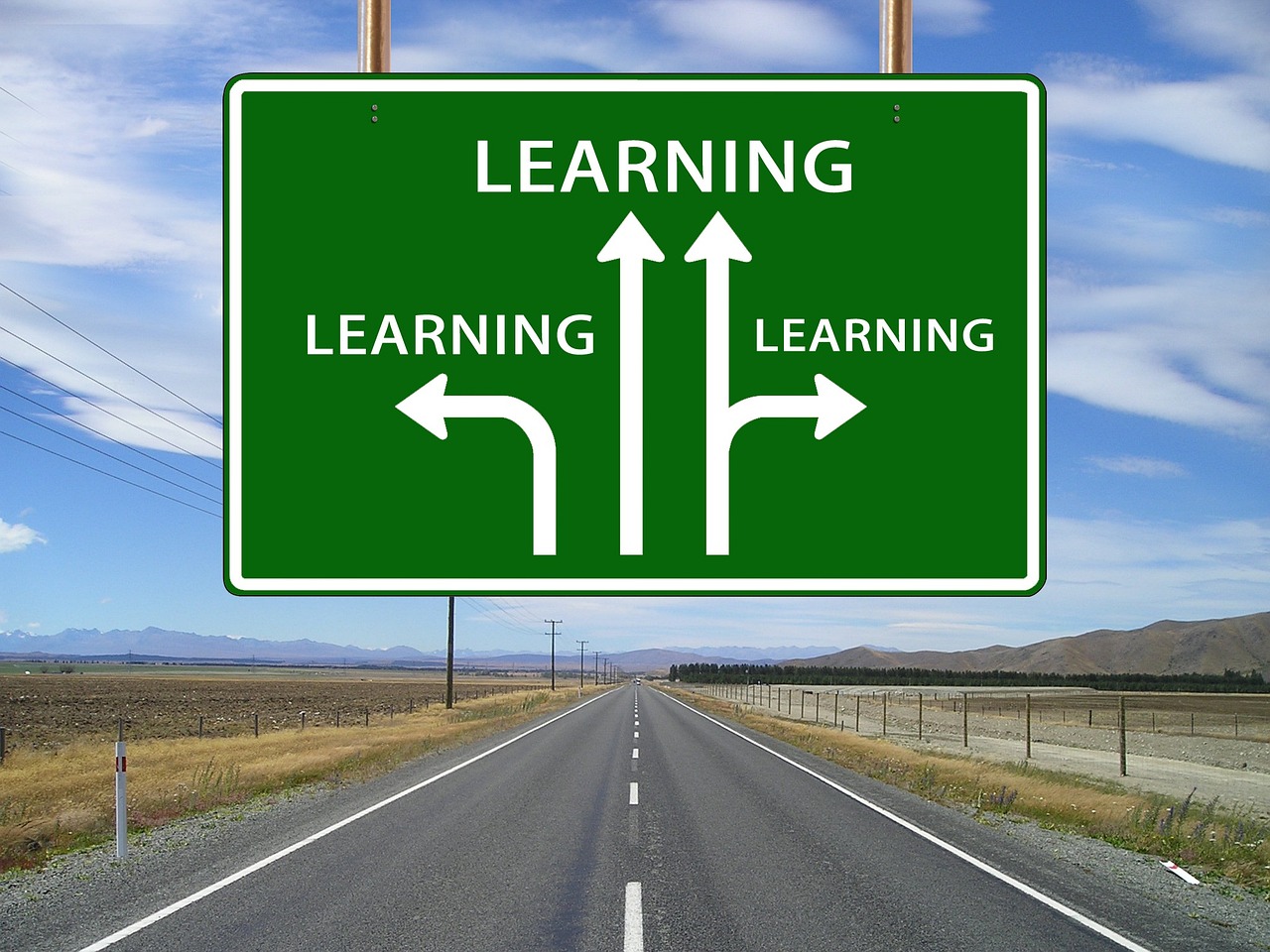Meta-what!? Yes, metacognition. I will explain.
You can also watch this content as a VIDEO PODCAST
A Useful Word
Let’s start with cognition. It is used for the mental act or process of knowing something but also for the process of acquiring knowledge. As such, it is foundational to learning.
Don’t take my word for it; here is a dictionary definition, leading straight into the word we are after:
Cognition: The mental action or process of acquiring knowledge and understanding through thought, experience, and the senses.
‘By metacognition I mean knowledge about cognition itself and control of one’s own cognitive processes.’ (‘Cognition’ 2020)
The prefix meta can be used, as it is here, to indicate that a concept is concerned with itself. Metacommunication, for example, is communication – or thinking – about communication. Likewise, metacognition means thinking about the process of acquiring knowledge and understanding: cognition about cognition.
I admit the above is quite theoretical. However, it comes with great practical benefits. To the extent that we succeed in metacognition, we take responsibility for our own process of learning.
It is hard to think of a more useful skill.

Self-Directed Learning
Many years ago, when I was leading the School of Biblical Studies in Germany, we put together a manual for our graduates with tools and ideas for passing on what they had learned during the nine months of the course. We called it From Student to Teacher. For the first time in many years, I had a look at it as I was working on this text, and came across a happy phrase:
Be Your Own Student (Hornstra 2004: 9)
Okay, I know, it’s terrible; I am quoting myself. But it is still a great idea.
It is at the heart of Create a Learning Site; it is why I write these monthly inputs. They document my own process of learning. Doing this forces me to think about what I am learning and what I want to learn. I make myself my own student (and teacher). In other words, I force myself to practice metacognition. I think it is useful to be able to express that in a single word.
Better Teaching, Too
By the way, by allowing our students to take control of their own learning – that is, by training them to practice metacognition – we also become more effective teachers.
So, how is it done?

A Few Ways to Practice Metacognition
Here are some elements that make up the practice of metacognition. Full disclosure: The overview below is derived from How People Learn: Brain, Mind, Experience, and School (National Academies of Sciences, Engineering, and Medicine, 2000: 18f), with the help of ChatGPT (but rephrased in my own words).
- We set and define our learning goals.
- To the extent that it applies, we plan
and manage our time. - We monitor our progress and understanding: Are we getting
it? Are we getting there? As the book puts it, “metacognition often takes the
form of an internal conversation” (ibid.: 18). - One way to do this: We regularly stop and take a
moment to summarize what we have learned or read in our own words. - When we pick up again after a break, we do at least a
quick review of what we did last time. - If necessary, we seek additional information: What is
missing? Why do we not understand? - We also assess whether information we are acquiring is
consistent with what we already know. We don’t ignore tension or what is
sometimes called ‘cognitive dissonance’, but explore, because it indicates that
there is something to learn.
Some of the above is part of a teaching technique called reciprocal teaching. It is practised in small reading and discussion groups, to train children to read with comprehension (kind of what we do in Bible courses for mostly young adults). It consists of four activities: summarize, question, clarify, and predict. Taking turns, the students effectively become teachers to their group mates.
For a taste of reciprocal teaching, go to https://www.readingrockets.org/classroom/classroom-strategies/reciprocal-teaching. See if it triggers any ideas for your own learning or teaching!
A Great Question to Ask
In the early days of Microsoft Windows and the Internet, the company came out with a slogan for its product as shown here. It inspires my closing question for this month. It’s a question worth asking, especially at the beginning of a new year:
What do you want to learn today? Or this year?

Attribution
Learning: <https://pixabay.com/photos/to-learn-a-notice-information-sign-64058/> CC0
Learn: <https://pixabay.com/photos/learn-word-scrabble-letters-wooden-1820039/> CC0
Cat: <https://pixabay.com/photos/cat-flower-kitten-stone-pet-2536662/> CC0
Winer, Dave. 2005. ‘Where do you want to go today?’ <https://www.flickr.com/photos/scriptingnews/77248010> CC BY-SA 2.0 Deed
References
‘Cognition | Definition of Cognition by Oxford Dictionary on Lexico.Com Also Meaning of Cognition’. 2020. <https://web.archive.org/web/20200715113427/https:/www.lexico.com/definition/cognition> [accessed 13 November 2023]
Hornstra, W. L. 2004. From Student to Teacher: How to Pass on the Gift of Inductive Bible Study. Version 1.2 (Hurlach, Germany: School of Biblical Studies)
National Academies of Sciences, Engineering, and Medicine. 2000. How People Learn: Brain, Mind, Experience, and School. Expanded Edition (Washington, DC: The National Academies Press) <https://doi.org/10.17226/9853> [accessed 9 November 2024]
